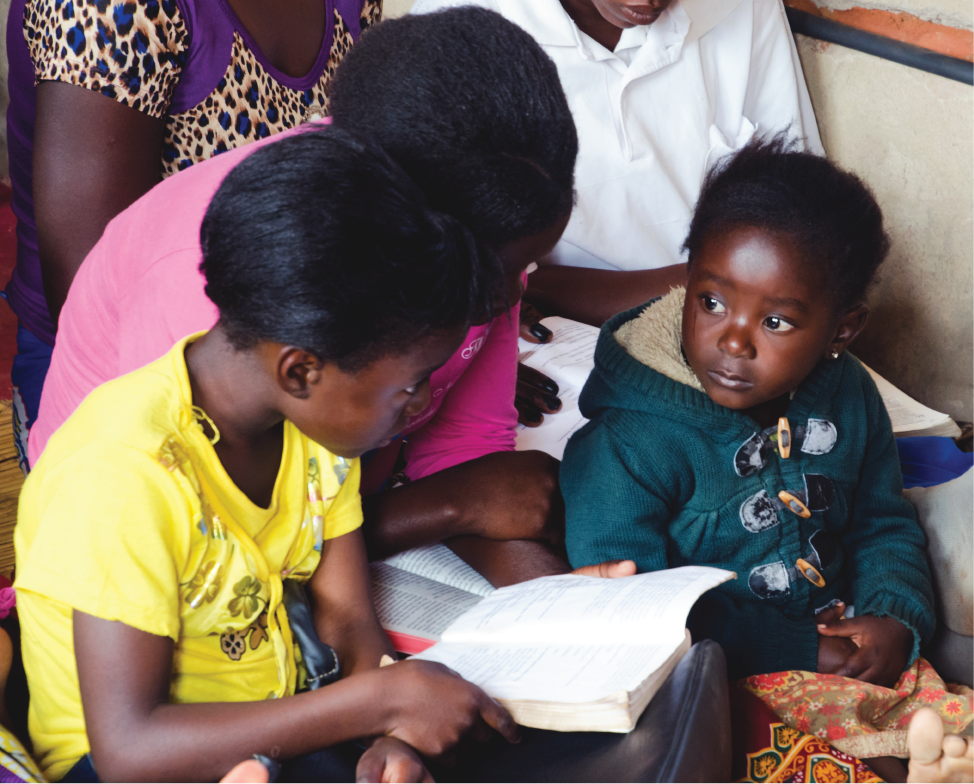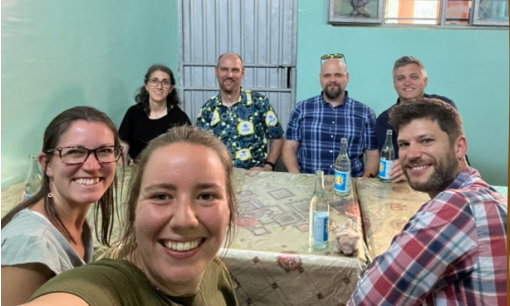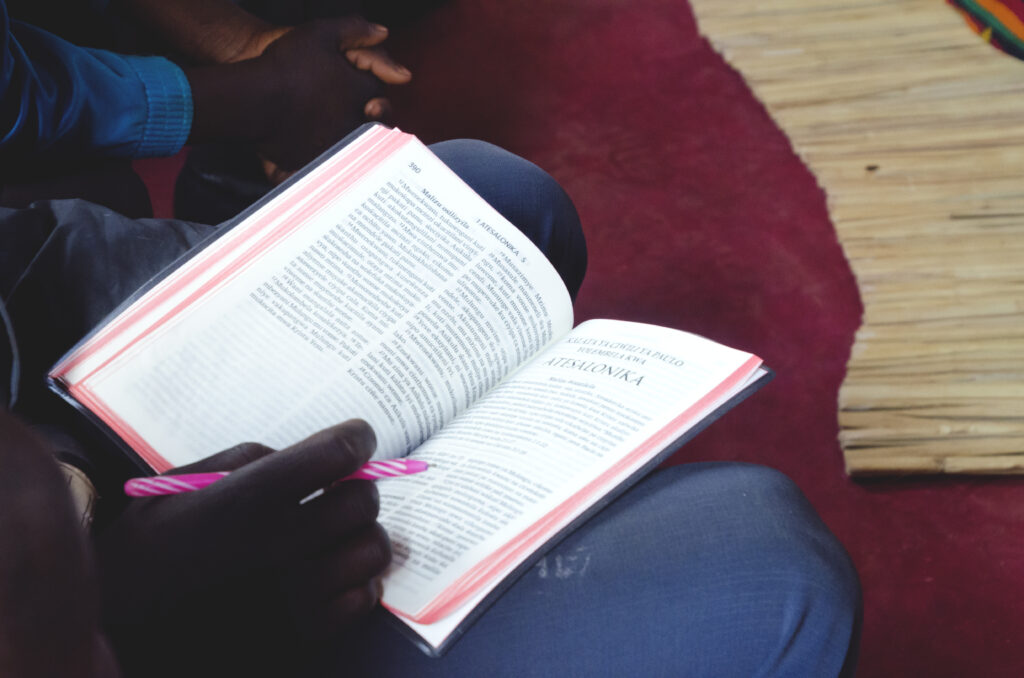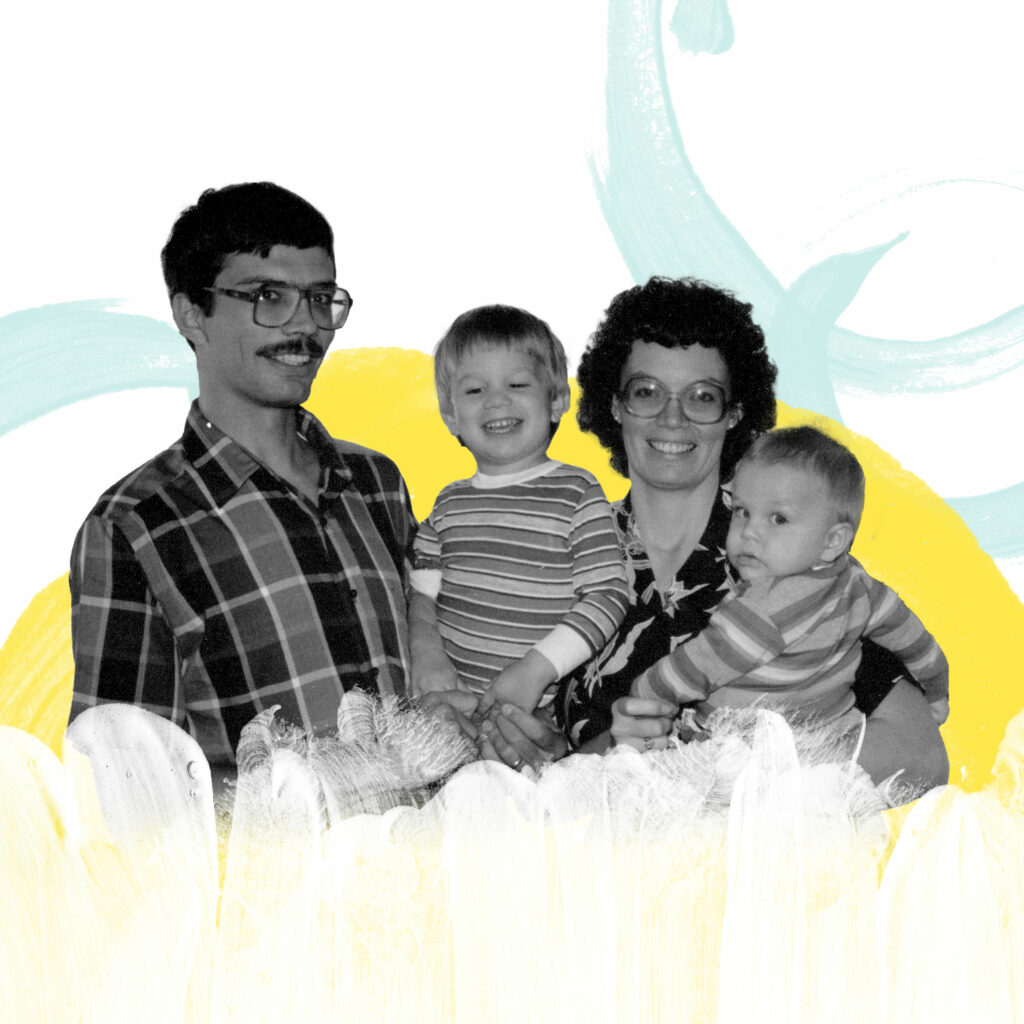Blog
Press Release: May 11, 2011
Stories From the Field: Lleme Monitoring Visits – Based On An Article By Samuel Cooper, Linguistics Director At LIBTRALO

In Liberia, many children are left behind in the educational process. Beginning in Kindergarten, children are taught in English only, which is the official language of the country. Unfortunately, most of the children speak one of Liberia’s indigenous languages and are unable to cope with the difficulties of trying to learn reading and other basic skills in a language they don’t really understand. The Liberian Languages and English Multilingual Education (LLEME) Program strives to increase literacy and general education by teaching young children in their mother tongues, then gradually incorporating English as the children mature.
This is a new idea for Liberians, and much effort has gone into making people aware of the importance of multilingual education for helping Liberia become a truly literate and modern nation. Language policy, materials development and teacher training workshops have been conducted jointly by the Ministry of Education of Liberia and the Liberian Translation and Literacy Organization (LIBTRALO, one of LBT’s partners in Liberia), with key facilitators from the Summer Institute of Linguistics (SIL) and other facilitators from organizations in Africa. A pilot LLEME project has been implemented in 32 public schools throughout Liberia.
In late March, a team from the Ministry of Education and LIBTRALO visited schools in the southern and south-eastern counties of Liberia to assess progress of this pilot project. The Ministry of Education was represented by Mr. Nyanatee K. Sayon, Deputy Director in the Division of National Language Program while LIBTRALO was represented by Mr. David K. Setiyee, Literacy Director.
Sadly, the team learned that some parents resent their children learning first in the local language before bridging into English. A few parents withdrew their children from one of the pilot schools. The principal of another school overtly declared that he won’t allow the teaching of an indigenous language in the school he heads. He believes while he and his staff are trying to bring the children into the light, teaching them in their indigenous language would mean taking them back into darkness. In a few places, the LLEME project never even began, due to resentment of some local leaders and their failure to recognize the importance of the project.
However, the assessment team found that over all, the program is going well. Most of those teachers using these LLEME materials were appreciative of the training courses they attended before they began teaching this way and support the new system.
During meetings with the LLEME monitoring team, many people expressed support for LLEME, because they understood the purpose and significance of the program. Based on community feedback, the assessment team recommended several action steps for improving the program. In response, community members and school officials pledged to work together to ensure the success of LLEME.






Leave a Reply
You must be logged in to post a comment.